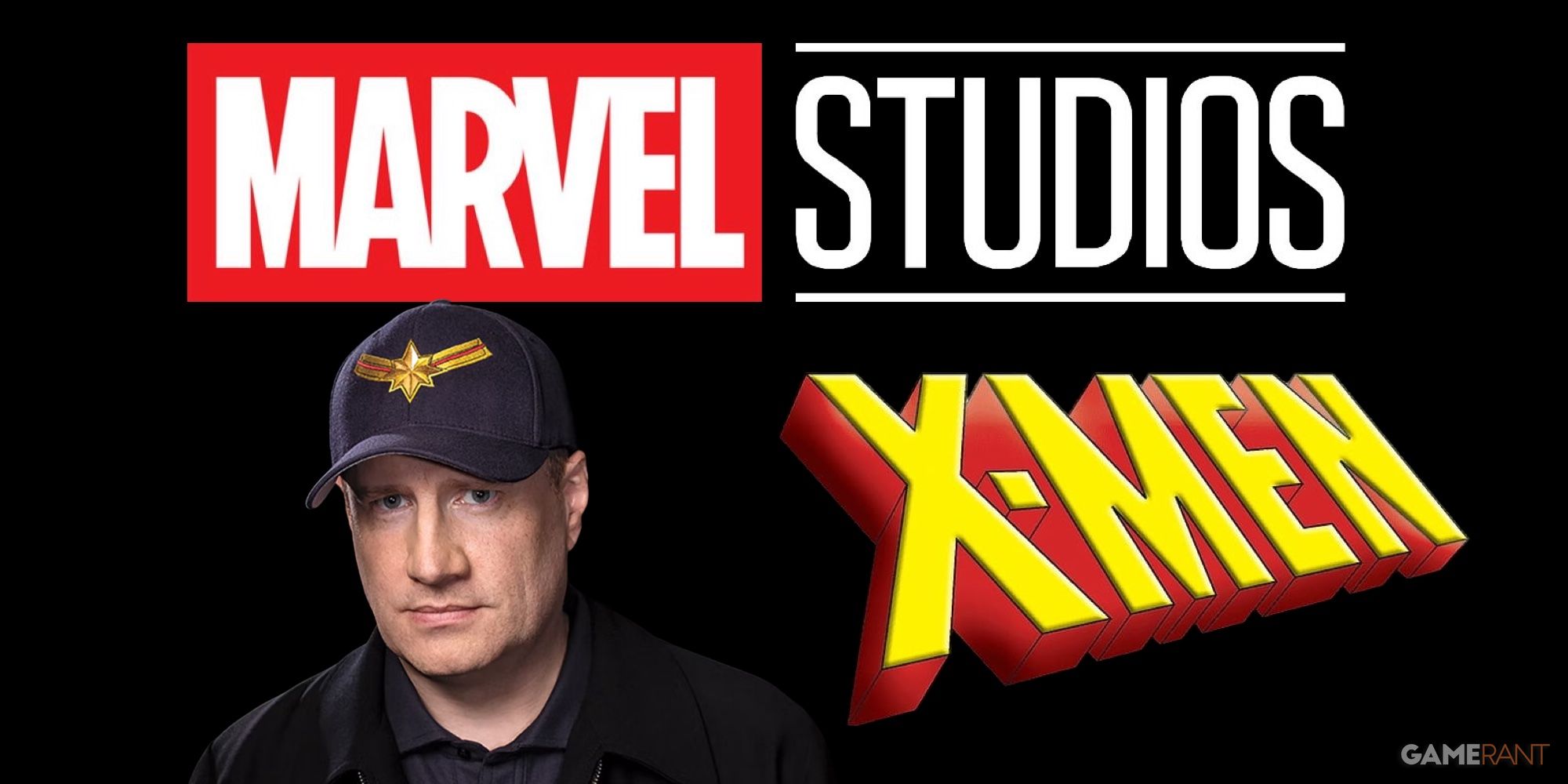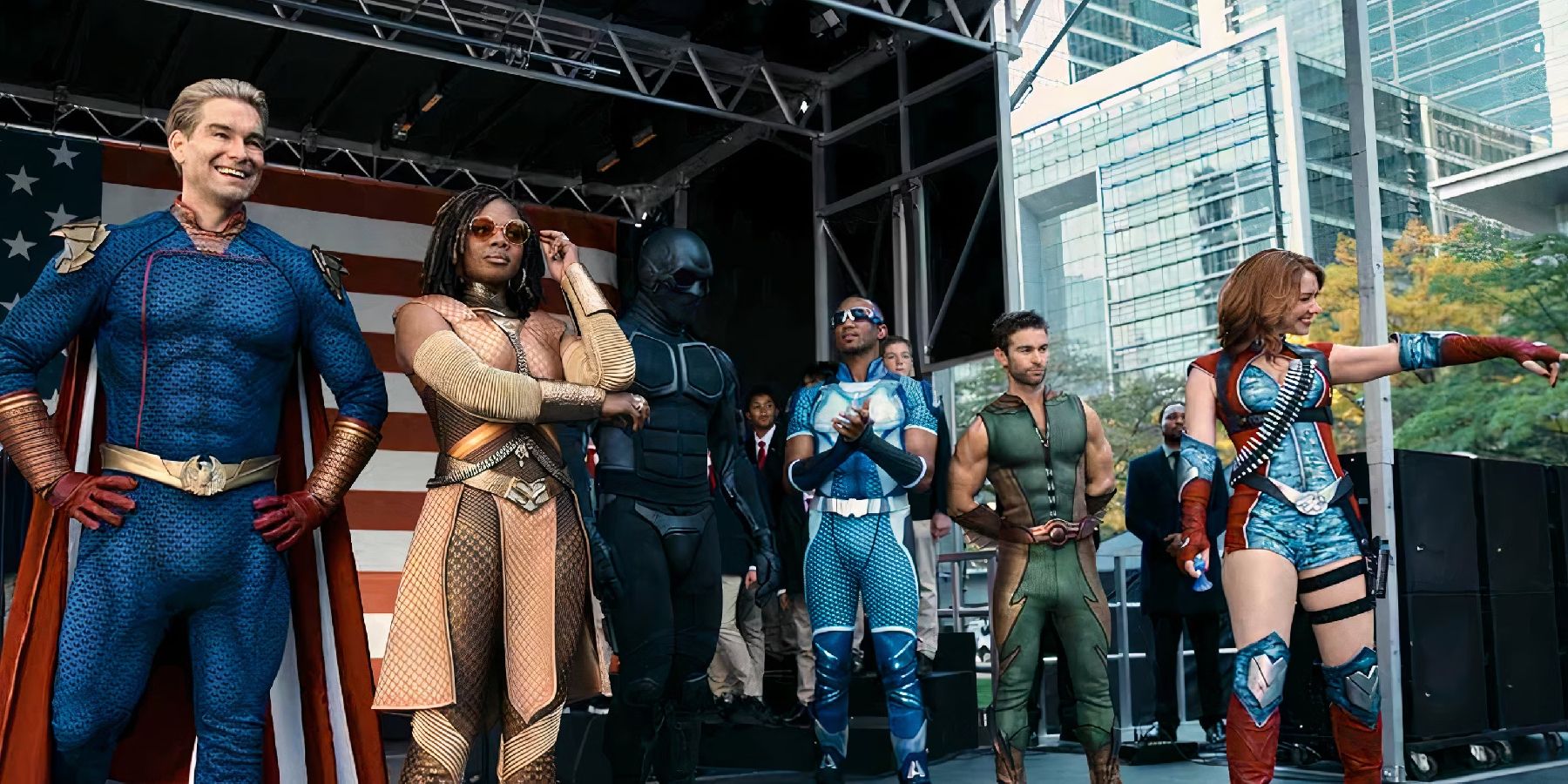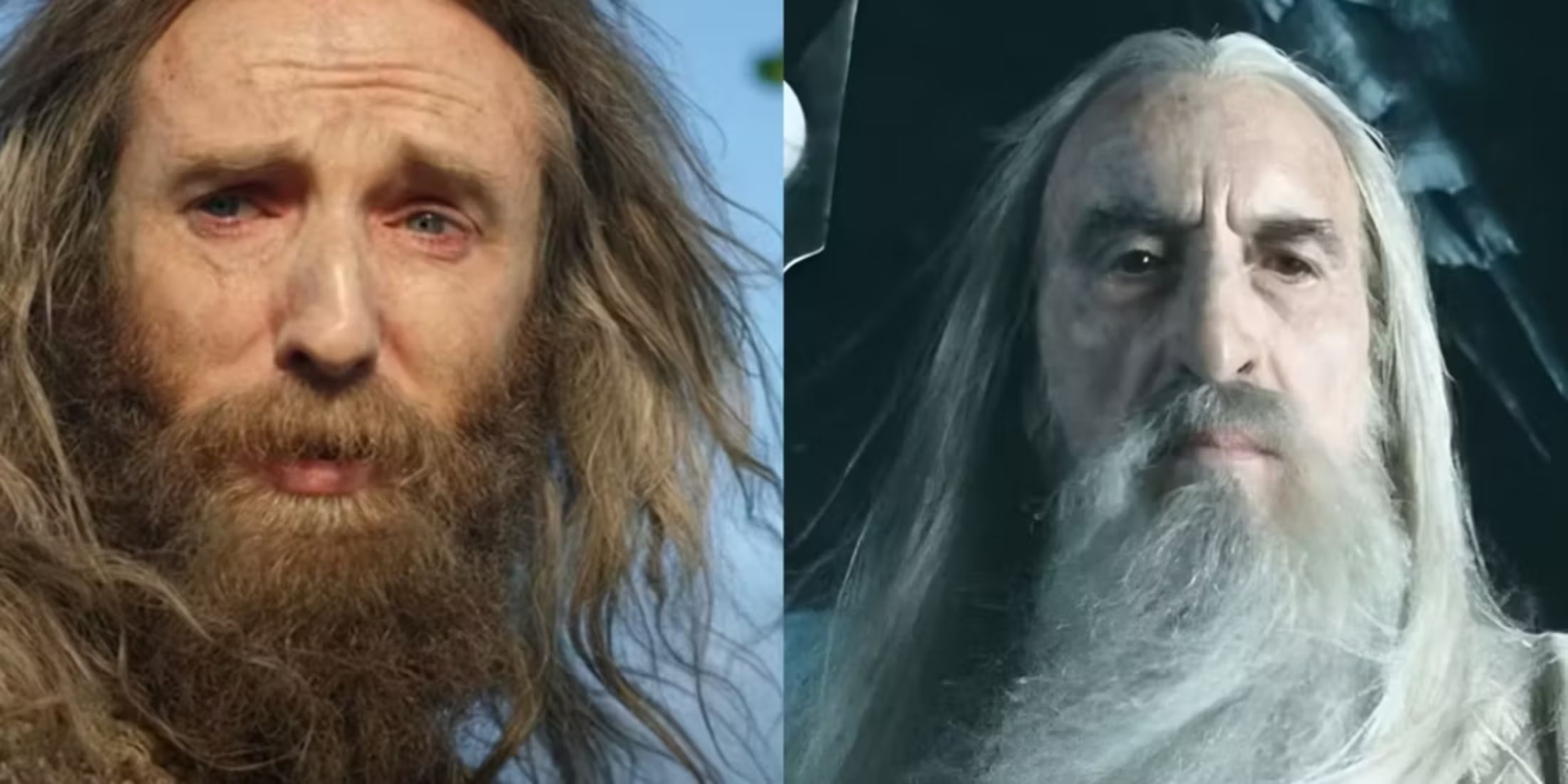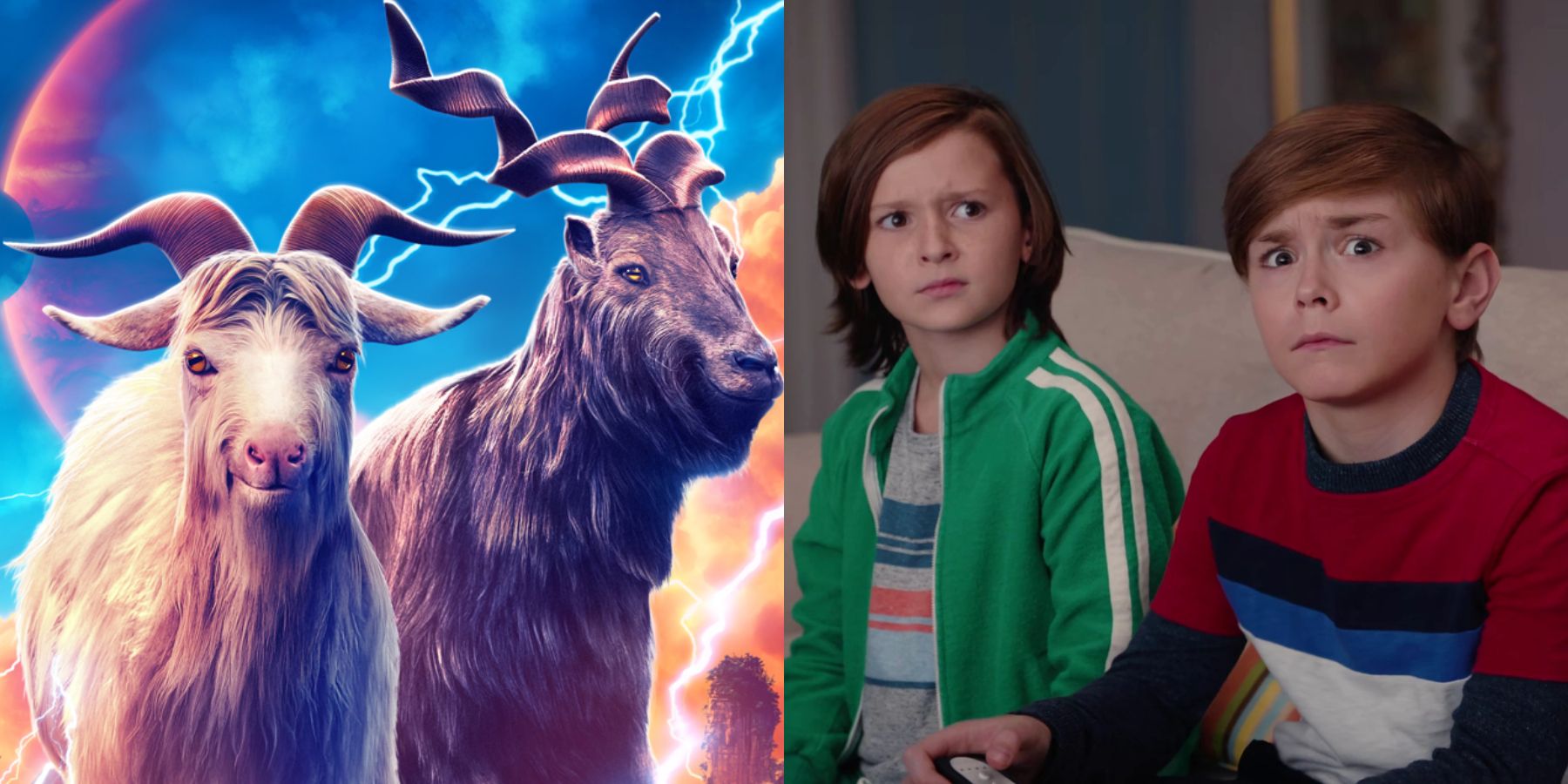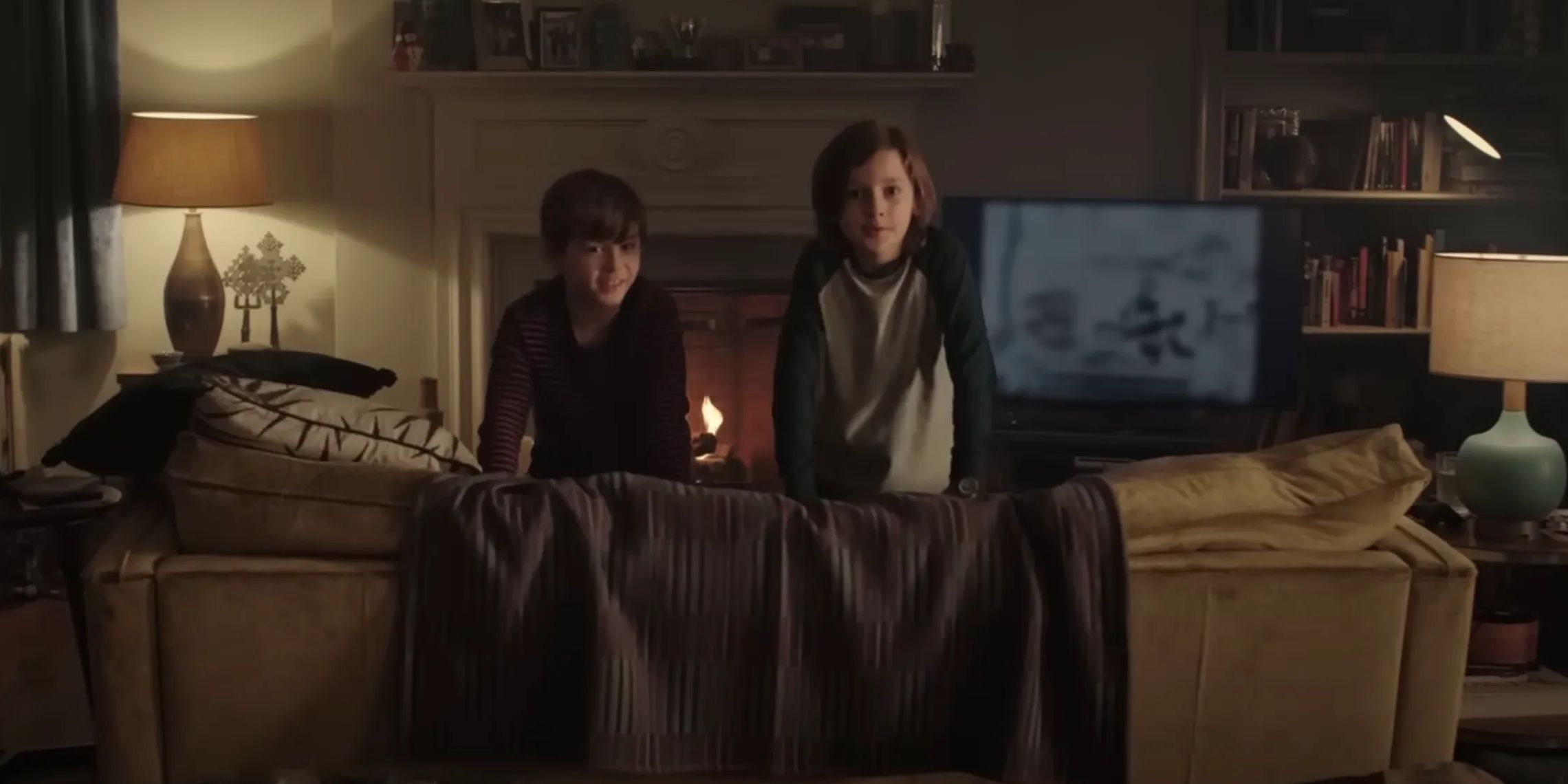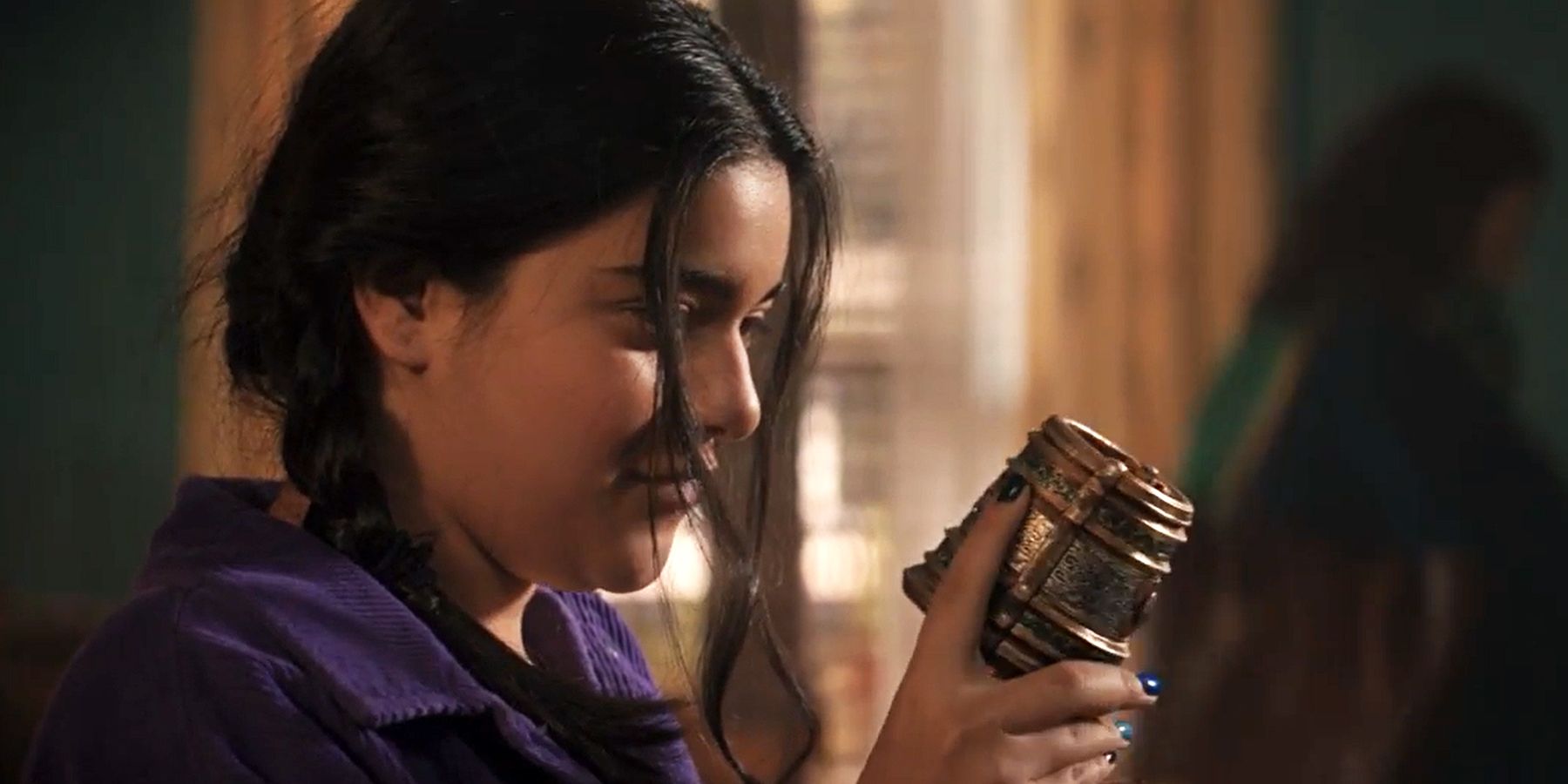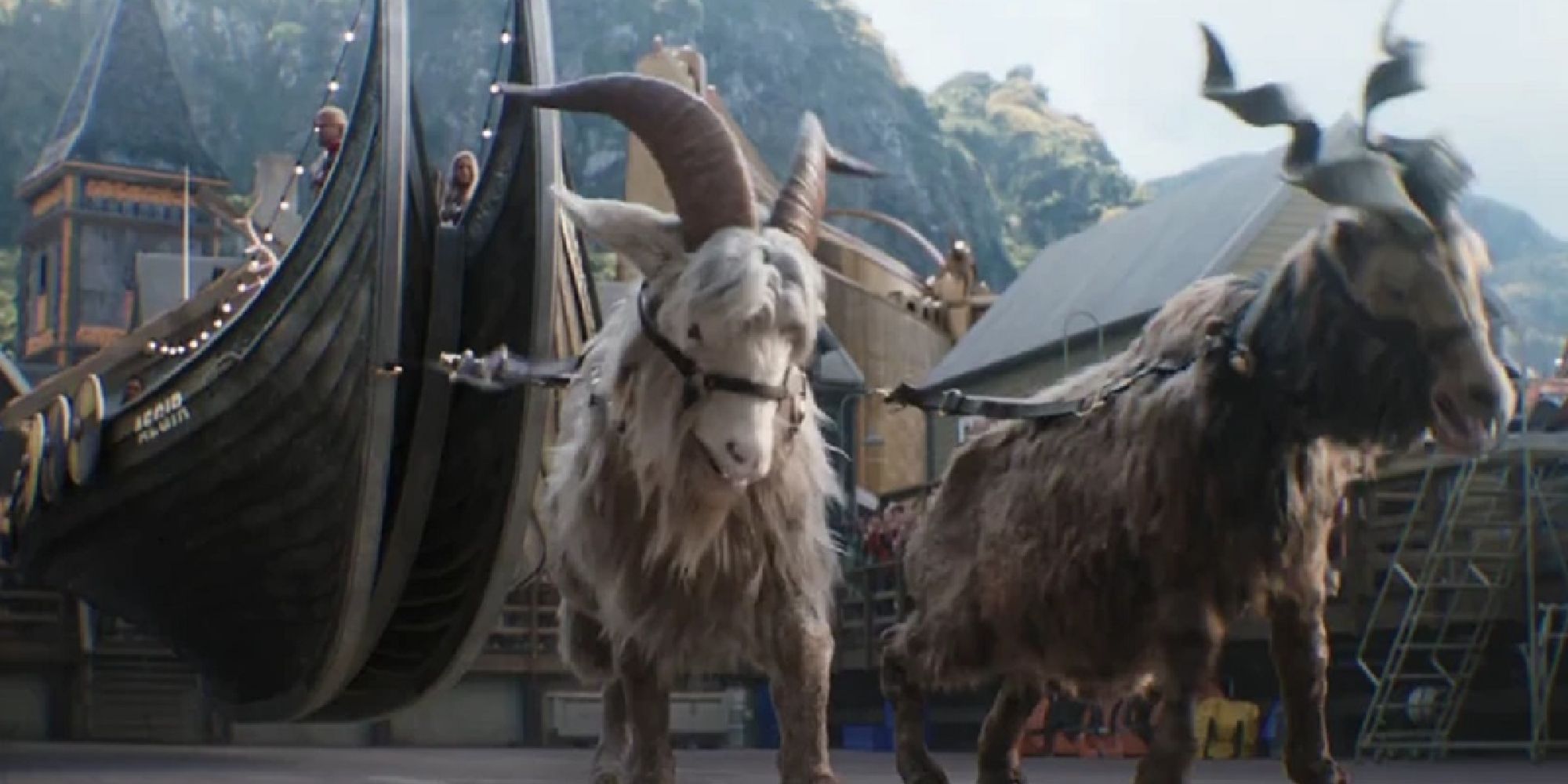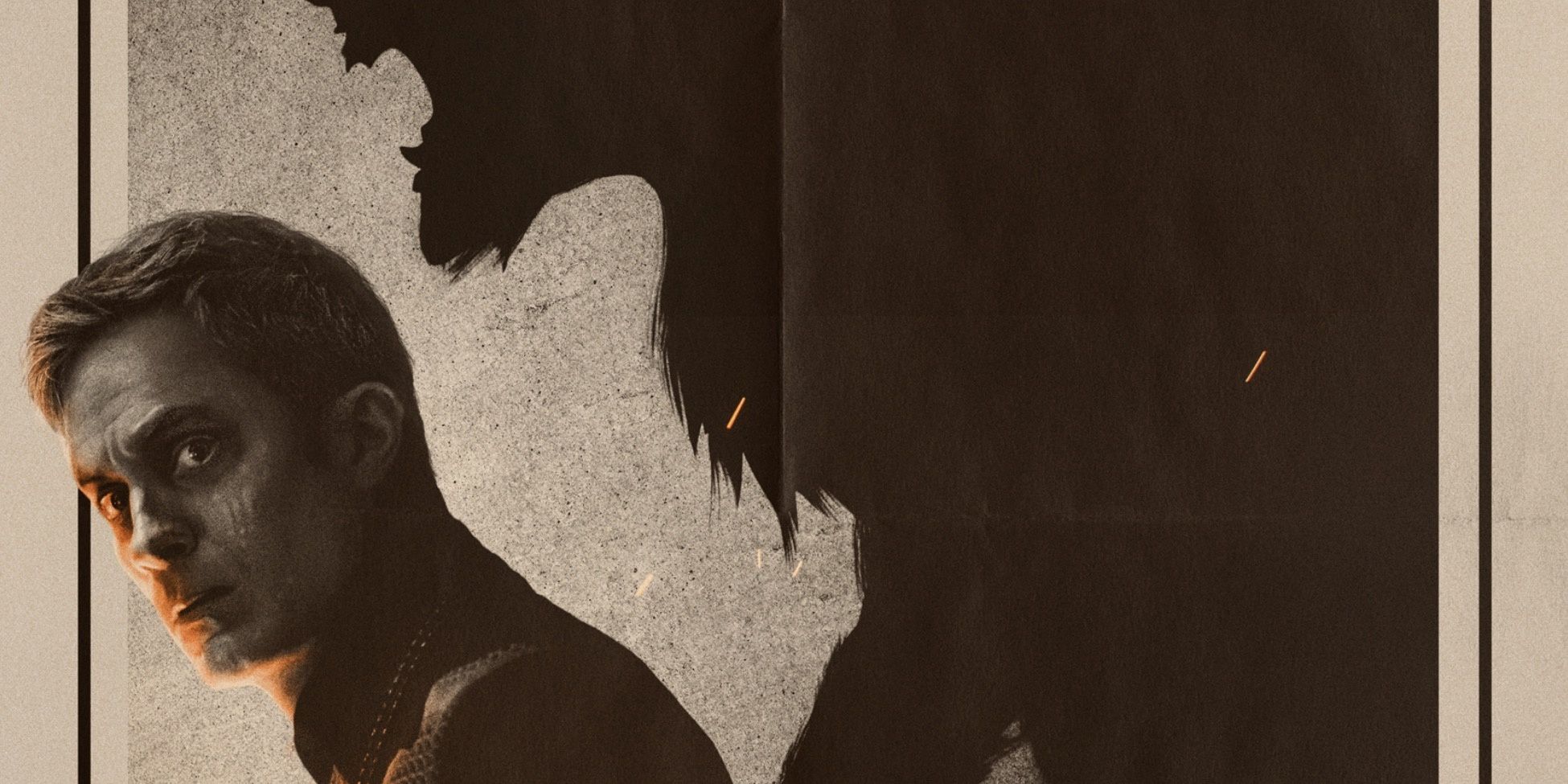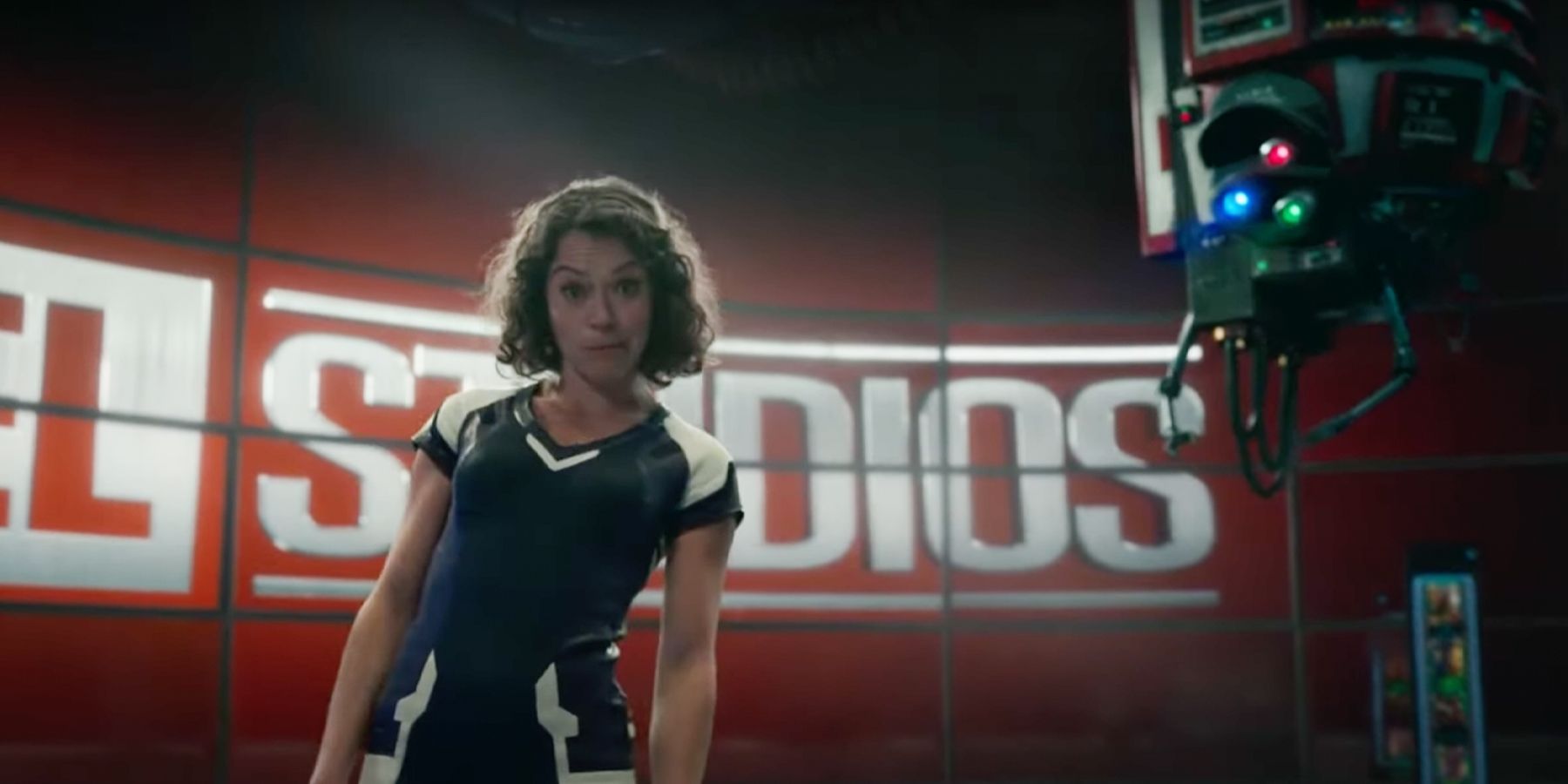The Marvel Cinematic Universe has had quite an interesting year — on the one hand, it’s enjoyed its usual success with well-received releases like the Moon Knight TV series and most recently Black Panther: Wakanda Forever. However, 2022 was also the year when many once-passionate fans finally succumbed to the infamous “Marvel fatigue” that’s been casting a long shadow over pop culture, and it’s not hard to see why.
While even the weakest of this year’s MCU offerings had their share of strengths, it’s also hard to deny that the latter half of Phase 4 proved to be a rather mixed bag, with many entries suffering from clumsy scripts and dodgy effects — the latter being an unfortunate result of the overworked and underpaid VFX artists struggling behind the scenes. And while it’s still entirely valid to enjoy these works despite their faults, it’s also important to acknowledge the flaws in art rather than try to ignore them. So without further ado, here are five moments in the MCU’s past year that simply weren’t all that marvelous.
Dr. Strange’s Ice Cream Song
Doctor Strange in the Multiverse of Madness is a fascinating mess of a film. It’s one of the boldest visual spectacles in MCU history thanks to the distinct aesthetic of director Sam Raimi, and it boasts some stellar performances from Benedict Cumberbatch and Elizabeth Olsen. Its plot, meanwhile, has proven to be quite divisive. Some fans applaud the film’s horror-inspired imagery and themes of love, desperation, and control, while others wish it was focused less on fanservice and more actually exploring the multiverse. Some elements, like Scarlet Witch’s turn to villainy and the numerous cameos of the Illuminati, have received praise and criticism in equal measure. Other aspects of the plot are harder to excuse, from the underutilized supporting cast to a rather egregious MacGuffin in the form of the Book of Vishanti.
However, there’s one specific scene that even staunch Multiverse of Madness fans would find difficult to defend: the ice cream song. Ostensibly, this scene is meant to show Wanda’s twin sons Billy and Tommy being cute and lovable, to demonstrate why she’s so desperate to be reunited with them. But in practice, it’s so excruciatingly cringeworthy to listen to that one almost begins to wonder how Wanda ever put up with her kids in the first place. Of course, the song being so annoyingly childish is the whole idea — it is being performed by literal children, after all. Being annoyingly childish is what they do best. Yet even so, the ice cream song manages to be so jarringly out of place within the film that it’s become something of a meme among Marvel fans. It’s safe to say that this particular composition won’t be going down in history as one of Danny Elfman’s best works.
Ms. Marvel’s Mediocre Plot
Despite drawing plenty of ire of the usual intolerant types who’d object to seeing a Muslim girl as a Marvel superhero, Ms. Marvel isn’t a bad show by any means. Iman Vellani is immensely charming as the title character, and the story’s slice-of-life elements centered around Kamala’s friends and family are very well done. Unfortunately, it’s with the superhero side of the series that things start to go wrong.
The MCU has long been criticized for its bland antagonists, but the Clandestines and their leader Najima are perhaps the most uninteresting — at least Ronan and Malekith had distinct designs. They suffer from boring characterization, vague lore, and paper-thin motives for their villainy. Whenever the story shifts from Kamala’s everyday life to the plot surrounding the Clandestines and the Noor Dimension, all the fun gets sucked out of the show, turning it into the very definition of a formulaic superhero story.
Thor’s Screaming Goats
Even the best jokes are rarely as funny the second time, and the lukewarm reception to Thor: Love and Thunder reflects this. The film isn’t terrible — it’s still a fun adventure with a strong cast and plenty of comedic moments. However, that very emphasis on comedy that made the previous Thor so refreshing arguably does more harm than good in its sequel. Ragnarok wasn’t without its serious moments, but it’s been criticized by some for allowing the humor to occasionally undermine the drama. This problem is only exacerbated in Love and Thunder, thanks to an even greater reliance on comedy coupled with even darker subject matter, from cancer to mass murder to the abduction of children.
There’s perhaps nothing in Love and Thunder that captures its tone issues better than the running gag involving Thor’s new pet goats, who constantly scream in a manner reminiscent of countless viral videos from the early 2010s. It’s an oddly dated joke to make, and while it may be amusing at first, the bit wears thin after it’s been repeated ad nauseam throughout the film. One slightly annoying running gag may seem like an odd issue to focus on, but it’s emblematic of the film’s larger narrative problems. There isn’t enough time dedicated to fleshing out Gorr’s characterization, or making the handling of Jane’s cancer feel more tactful. However, there’s somehow plenty of time for screaming goats.
All of Werewolf By Night
The Werewolf By Night Halloween special is perhaps one of the biggest missed opportunities of Phase 4. On the surface, it seems like a campy homage to classic black-and-white horror movies: an out-there, experimental project to shake up the usual Marvel formula. Yet underneath that facade, the special is all too formulaic in execution. The action is painfully plain, the writing is filled with clunky exposition and one-dimensional characterization, and the horror aesthetic amounts to little more than set dressing for another generic Marvel story. Despite Gael García Bernal’s charisma as the titular werewolf — and his delightful friendship with Man-Thing — Werewolf By Night fails to live up to its great potential.
She-Hulk’s Meta Ending
By and large, She-Hulk: Attorney at Law is among the stronger of the MCU’s Disney Plus shows. Tatiana Maslany delivers a brilliant performance as Jen Walters, whether she’s attending group therapy with supervillains or flirting with Daredevil. However, everything falls apart in the last episode, in which Jen responds to the prospect of a typical superhero brawl finale by smashing the fourth wall to confront Marvel Studios itself for its lack of originality. The climax of the episode is a confrontation between Jen and KEVIN: the AI mastermind behind the MCU, and a clear stand-in for producer Kevin Feige.
While a meta finale like this is on brand for She-Hulk, it also feels like an admission of defeat by the series. When the MCU itself is acknowledging how cliché and formulaic it’s become, it’s clear that things have gone too far. At best, it’s a cynical attempt to make light of the MCU’s flaws without properly addressing them. At worst, it’s a cry for help by a writing team trapped by the constraints of the Marvel formula. Either way, while the joke seems clever at first, it ends up leaving a bad taste in the mouth. Hopefully, this admission of guilt is a sign of a brighter future for the MCU — but don’t count on it.

